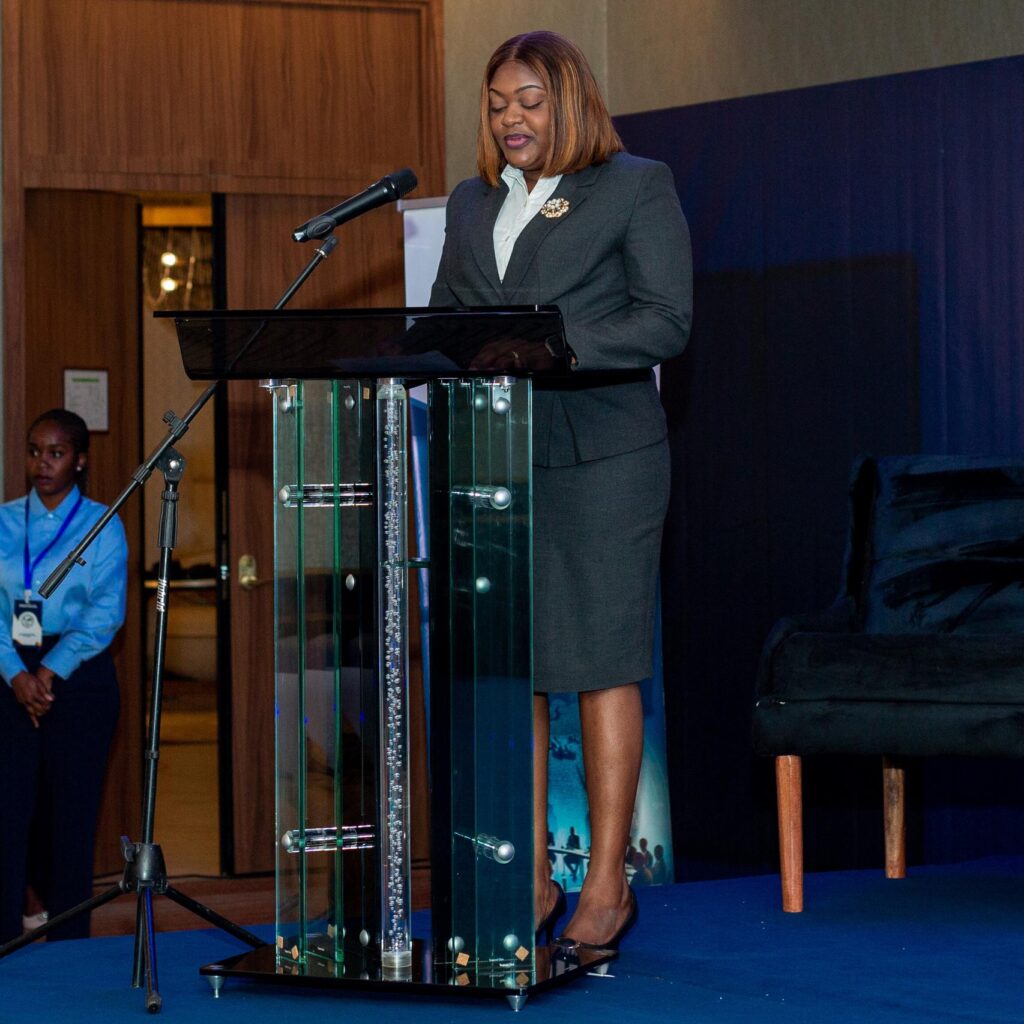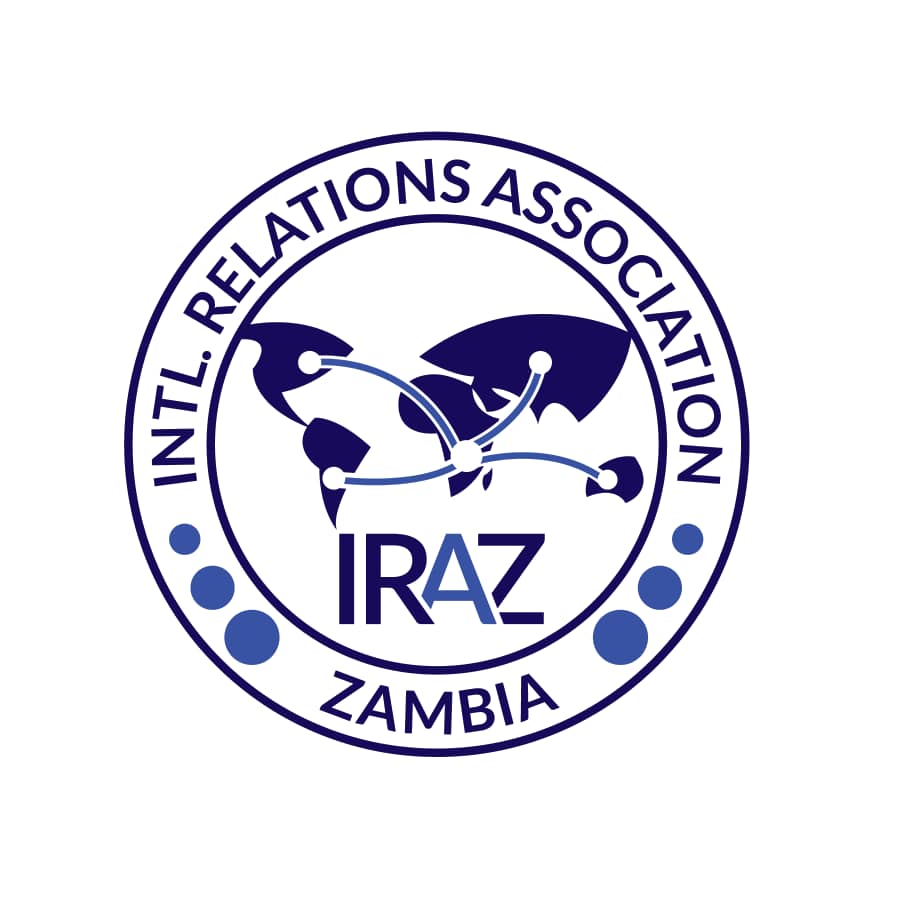A Strategic Analysis of the League of African Ambassadors’ Role in Contemporary Diplomacy
By Hope Chifulo Ngoma - IRAZ Advisory Board Member

A Timely Awakening in African Diplomacy
On October 14, 2025, the official launch of the League of African Ambassadors (LAA) at the Mulungushi International Conference Centre in Lusaka, Zambia, marked a defining moment in Africa’s diplomatic trajectory.
At a time when global geopolitics is rapidly shifting, with new alliances, economic uncertainties, and contested international norms, Africa’s collective diplomatic voice is not merely desirable; it is indispensable.
The League of African Ambassadors emerges as a visionary response to the continent’s need for strategic coordination, institutional memory, and policy continuity in the face of global realignments.
The Evolving Global Diplomatic Landscape
The 21st-century diplomatic environment has evolved into a complex web of multipolar competition, non-state influence, and technological diplomacy. Global power is increasingly diffused among traditional and emerging actors ,the U.S., China, the EU, Russia, India, and regional blocs. For Africa, this new order presents both opportunities and vulnerabilities. On one hand, the continent’s youthful population, resource base, and geostrategic position have made it central to global interest. On the other, the lack of a unified diplomatic strategy has limited Africa’s negotiating strength in trade, security, and climate diplomacy.
The LAA steps into this gap as a platform for strategic coherence, bringing together retired and serving ambassadors under one umbrella to guide Africa’s diplomatic posture from a position of unity and experience.
The Significance of the LAA in Africa’s Diplomatic Architecture
The League’s establishment addresses three persistent challenges in Africa’s international engagement:
a) Institutional Memory and Continuity
Diplomatic transitions in Africa often result in the loss of institutional wisdom. Retired ambassadors carry decades of knowledge, negotiation experience, and global networks that are rarely institutionalized.
The LAA provides a framework to preserve and transfer this diplomatic heritage, ensuring that new diplomats learn from the past and build upon it, not start over.
“Without memory, diplomacy becomes improvisation; with memory, it becomes strategy.”
b) Unity and Collective Representation
Africa’s fragmentation in international forums has often weakened its bargaining power. Whether in global trade negotiations, peace talks, or climate discussions, a divided front diminishes influence.
Through continental coordination, the LAA can help harmonize positions across regions and institutions like the African Union and regional economic communities (RECs), strengthening Africa’s collective leverage in multilateral diplomacy.
c) Mentorship and Future Diplomats
A defining feature of the LAA is its vision to empower the next generation of African diplomats through mentorship, training, and scholarships. This is more than a symbolic gesture; it is an investment in the sustainability of African diplomacy.
By linking youth to veteran ambassadors, the League bridges the generational divide and ensures that Africa’s diplomatic tradition evolves with contemporary challenges, from digital diplomacy to environmental governance.
Why the LAA Matters Now
a) Reclaiming Africa’s Global Narrative
For decades, Africa’s story in international affairs has been told by others, often through the lens of aid, crisis, or dependency. The LAA embodies a shift toward narrative sovereignty, ensuring that Africa defines its global identity on its own terms.
By mobilizing ambassadors as storytellers and advocates, the League ensures that Africa speaks from a position of dignity, agency, and historical consciousness.
b) Enhancing Conflict Prevention and Peace Diplomacy
The League’s emphasis on quiet diplomacy and advisory roles offers a pragmatic complement to traditional conflict-resolution mechanisms.
Africa continues to face internal conflicts and governance transitions that require delicate, insider-driven mediation. The LAA can leverage it’s members credibility and experience to promote peace without political interference, a hallmark of effective preventive diplomacy.
c) Building Strategic Partnerships for Development
In an era where diplomacy extends beyond politics into trade, investment, and technology, the LAA can act as a continental think tank and advisory network, supporting African governments to negotiate fairer deals and sustainable partnerships.
Through coordinated engagement with global institutions and private actors, the League can ensure Africa’s interests are not an afterthought but a starting point in global policy conversations.
The Broader Implications for Africa’s Foreign Policy
The formation of the LAA signals a maturation of African diplomacy, from reactive participation to proactive leadership.
It aligns with Agenda 2063, particularly Aspiration 2: An integrated, prosperous, and peaceful Africa, driven by its own citizens and representing a dynamic force in the international arena.
If effectively operationalized, the LAA could serve as a strategic advisory body to the African Union, supporting:
• Early-warning mechanisms on diplomatic crises.
• Collective African responses to global policy shifts.
• Training frameworks for diplomatic academies across the continent.
• Research partnerships to document Africa’s diplomatic history and innovations.
Challenges and the Way Forward
Like all new institutions, the LAA will face structural and operational challenges, from resource mobilization to coordination across regions. However, its success will depend on:
• Institutionalization within continental frameworks like the AU and regional blocs.
• Collaboration with universities, think tanks, and civil society to generate evidence-based diplomacy.
• Youth Integration, ensuring that the next generation participates in shaping Africa’s foreign policy outlook.
The League’s future relevance lies in its ability to remain both strategic and adaptive, grounded in history but responsive to modern realities.
A New Diplomatic Frontier for Africa
The League of African Ambassadors is not just a gathering of former diplomats, it is a visionary platform for redefining Africa’s place in the world.
It offers Africa the rare opportunity to consolidate its wisdom, coordinate its voice, and champion its collective destiny in a fragmented world order.
In this moment of global uncertainty, Africa’s power lies not in isolation but in unity of purpose and depth of experience.
As we look to the future, the LAA stands as both a symbol and a strategy, a reminder that Africa’s greatest diplomatic resource is its people: those who have served, those who still serve, and those preparing to lead.
